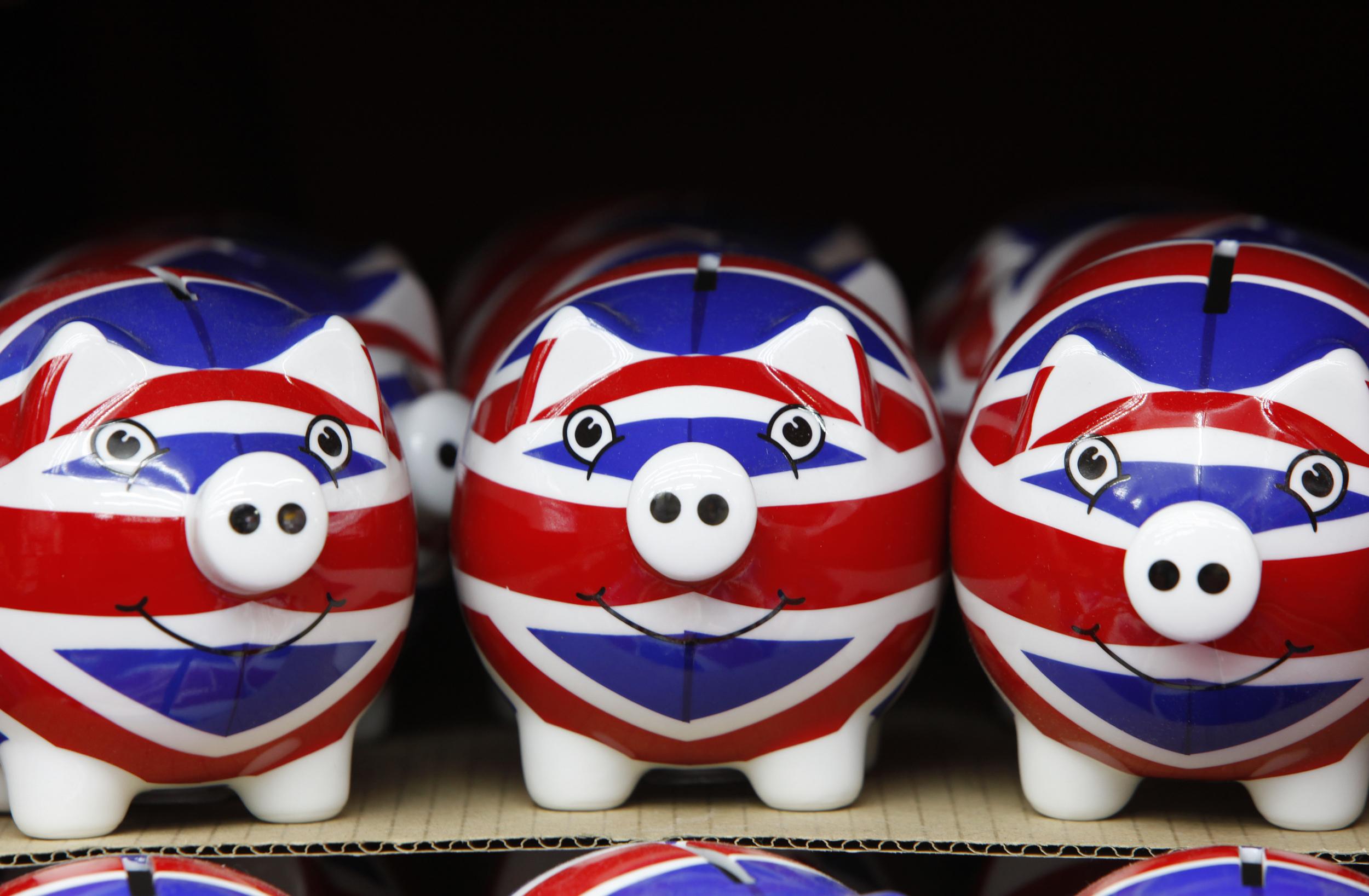Coronavirus turns UK into a nation of savers
Pandemic triggers a huge rise in demand for savings plans as household lockdown spending drops by a third

Your support helps us to tell the story
From reproductive rights to climate change to Big Tech, The Independent is on the ground when the story is developing. Whether it's investigating the financials of Elon Musk's pro-Trump PAC or producing our latest documentary, 'The A Word', which shines a light on the American women fighting for reproductive rights, we know how important it is to parse out the facts from the messaging.
At such a critical moment in US history, we need reporters on the ground. Your donation allows us to keep sending journalists to speak to both sides of the story.
The Independent is trusted by Americans across the entire political spectrum. And unlike many other quality news outlets, we choose not to lock Americans out of our reporting and analysis with paywalls. We believe quality journalism should be available to everyone, paid for by those who can afford it.
Your support makes all the difference.Financial advisers, debt charities, government and everyone in between have been pleading with UK consumers to save money for decades – with little effect.
The global pandemic has done it overnight. A combination of financial fear and plummeting household spending means that those whose incomes have survived the coronavirus so far are keener than ever to save their money.
And the specific triggers have been surprisingly abstract, says Nigel Green, CEO of independent financial advice firm the deVere group, whose business reported a 28 per cent jump in savings enquiries in March alone.
“Since the coronavirus outbreak began to have an all-consuming international impact in late February/early March, we noticed a surge in clients seeking advice on savings solutions,” he says, adding that the moment the coronavirus was officially declared a pandemic by the World Health Organisation in the second week of March, savings planning enquiries increased sharply once again.
“Due to the terrible Covid-19 emergency, many more people are suddenly and unexpectedly feeling the financial pinch, the pandemic has put their finances under strain.
“But this has had the effect of more and more of us thinking about and valuing more than ever what really matters to us. For most people, this includes ensuring that we and our loved ones are financially secure to have the opportunities and lifestyles that we desire,” he adds, noting that the same trend emerged when the 2008 financial crash struck.
Mr Green says: “The financial impact of coronavirus has driven home that the ‘living for today’ attitude is great, but what happens when tomorrow does come? Are you still able to fulfil your obligations? Are you still able to do the things you love with your friends and family? Are you able to maintain your lifestyle?
“The crisis will, again, underscore that we’re increasingly living in an era of personal financial responsibility. The pandemic has brought savings back into sharp focus.”
Bizarrely, some of the UK at least might now finally have a few extra pounds to do just that. One estimate suggests that almost 60 per cent of people have managed to save some cash during the lockdown.
Another report, from Legal & General and the economics consultancy Cebr, suggests that while we’ve upped the spend in some areas, the huge savings have more than made up for it.
The UK’s “isolation economy” has driven a shift in consumer spending habits equivalent to an annual £12.9bn, the study has found, largely because we’re spending far more on groceries, alcohol, entertainment, hobbies and crafts.
But consumers are spending an average of £17.9 bn less per month in the wider economy as a direct result of Covid-19. That works out at an overall drop in spending per household of almost a third.
Another financial advice firm, Citimark, calculates that pre-virus household spending came in at £586 a week on goods and services. Just cutting out restaurant and hotel visits, package holidays and transport costs could mean an extra £126 a week back in the nation’s pockets. The average UK household could have saved almost £900 by now.
We now have a “unique opportunity” to start building a cash cushion as a result of being held in lockdown – setting the money aside for a variety of financial benefits such as topping up pensions and paying down debts as well as creating an emergency fund – the advice firms adds, though making the most of our newfound savings partly depends on age.
Individuals in retirement could use these savings to supplement their income and draw less from pensions. This means savers can leave more of their pensions invested to capitalise on a possible rebound in the markets post-coronavirus crisis. It’s also more tax efficient than paying tax on pension withdrawals.
Millennials, meanwhile, can afford to have a long-term outlook and use these savings to invest for the future, such as through stocks and shares ISA products or using the lifetime ISA to save for their first home.
Jamie Flook, a chartered financial adviser at The Citimark Partnership, says: “The current economic situation due to coronavirus is putting huge stress on a great number of households across the UK, but for some these lockdown savings offer a silver lining.
“Although it might be tempting, individuals and families should be wary of spending these savings as soon as lockdown ends. There might not be another situation where people are forced to save chunks of cash in the future so careful considerations should be made.
“There is a multitude of things individuals can do with these extra savings, and priorities will differ depending on age. People should try to think long term where possible.”
Join our commenting forum
Join thought-provoking conversations, follow other Independent readers and see their replies
Comments